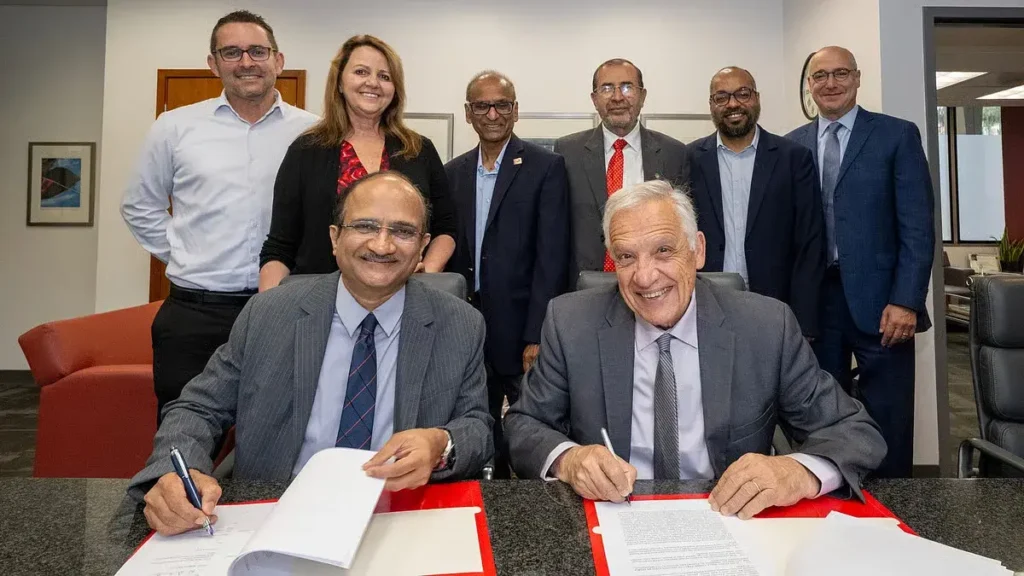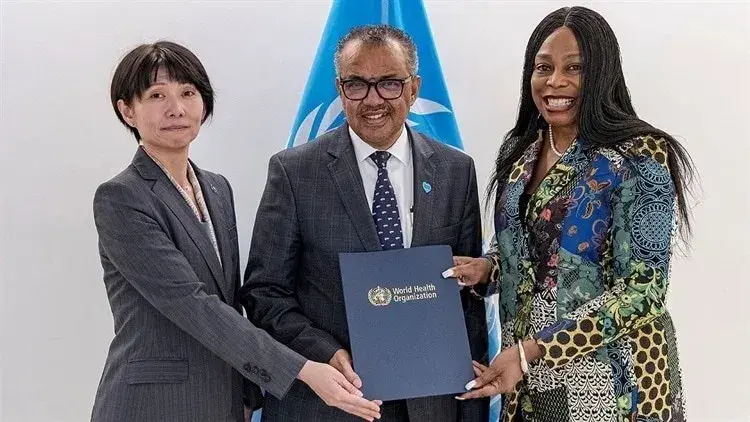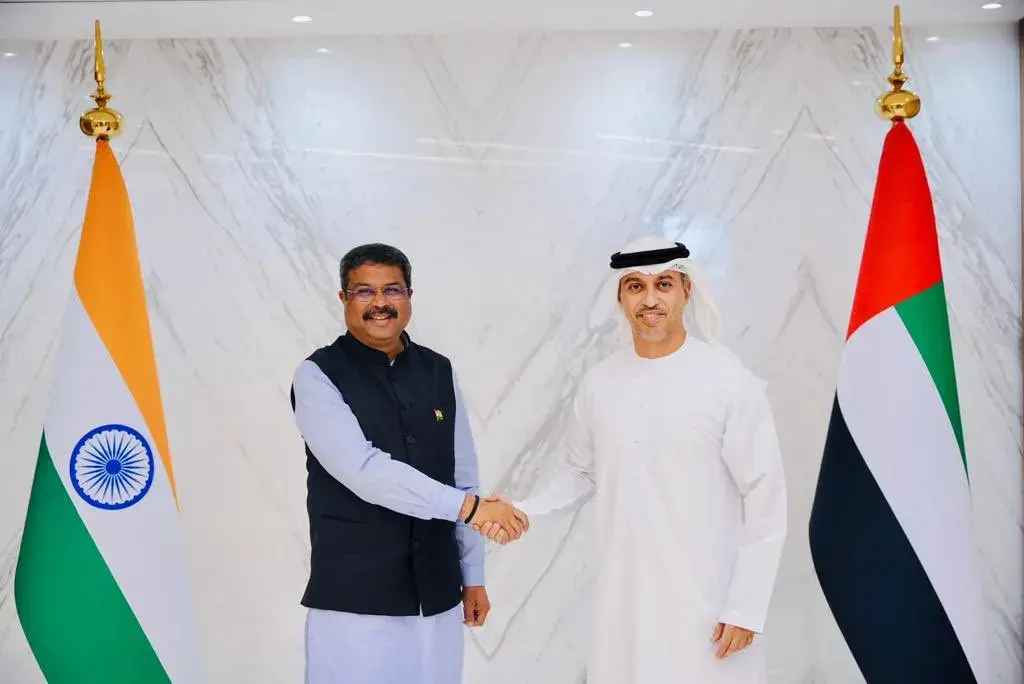BITS Pilani and USC Viterbi Join Forces for Dual Degrees and Research Excellence
In a significant move to expand global academic collaboration, BITS Pilani has entered into a strategic partnership with the University of Southern California’s Viterbi School of Engineering. The alliance, cemented on June 5 at USC’s Olin Hall of Engineering, focuses on creating new opportunities for joint research, academic exchange, and dual degree programmes. This collaboration brings together two renowned institutions to explore emerging fields such as artificial intelligence, data science, quantum computing, and sustainable engineering. Through this partnership, both institutions aim to enhance faculty and student mobility, facilitate joint academic initiatives, and introduce an integrated degree pathway that bridges undergraduate and postgraduate studies. Prof. Ramgopal Rao, Group Vice Chancellor of BITS Pilani, described the MoU as a pivotal step in broadening the global exposure of students and faculty. He noted that the combined expertise of BITS and USC will help foster innovation and enrich academic learning across disciplines. Dean Yannis C. Yortsos of USC Viterbi echoed the sentiment, adding that the collaboration aligns with USC’s vision of nurturing international alliances that advance knowledge and research impact worldwide. One of the key highlights of this agreement is an accelerated Master’s programme for BITS Pilani engineering undergraduates. Eligible students, after completing three years of their BE course, will have the opportunity to begin their Master of Science degree at USC while finishing their undergraduate requirements—fast-tracking their academic progression. Additionally, the collaboration will feature a two-week exchange programme where USC students will visit BITS Pilani campuses to participate in academic sessions and immerse themselves in Indian culture. Faculty exchange is also a core component of the partnership, with educators from both institutions engaging in joint research, co-teaching, and academic workshops. BITS Pilani selects its students primarily through the BITSAT entrance test, with provisions for direct admission of board examination toppers and international candidates—ensuring that some of India’s brightest students benefit from this new global initiative. This academic alliance is poised to pave the way for groundbreaking research, cross-cultural learning, and international academic excellence. Source: India Today
BITS Pilani and USC Viterbi Join Forces for Dual Degrees and Research Excellence Read More »



